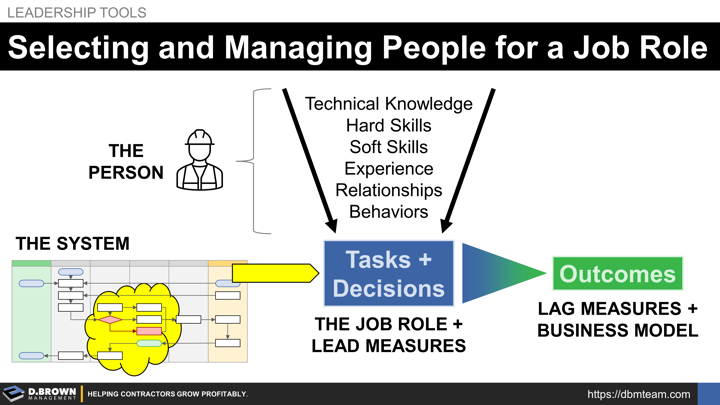The dimensions that define a person are nearly infinite and the science of psychology is continually evolving. Some of the dimensions that predict how well a person will do in a job role include:
- Technical Knowledge (engineering, craft, accounting, etc.)
- Hard Skills
- Soft Skills
- Experience
- Relationships
- Behaviors
Something like desire is a multiplier, but only one that goes perhaps as high as 110%. Think about this in physical terms. If you can lift a certain amount or run at a certain speed then all the desire in the world likely won't safely move more than 10% more weight or increase your speed by more than 10%. The big factor about desire is that it can dramatically decrease performance. It can be a zero multiplier. You can simply choose to not lift or run. During a selection or evaluation process, desire is too often weighted incorrectly.
Desire does play a factor in someone's future potential if aptitude is there which can improve deliberate practice and develop substantially increased capabilities over time.
A job role is a collection of related tasks and decisions that are a subset of a larger system. For example, a Project Manager will do some of the tasks and make some of the decisions related to change management and billings which are part of broader workflows for project delivery.
Some of these tasks and decisions have a major impact on the outcomes expected and can be measured. For example cash flow is an important outcome expected from a PM and the whole project team. There are a number of leading activities and measures that create that outcome.
The discipline of management is about:
- Designing and implementing the system that people work within. Different aspects of this may be done at different levels of management.
- Selecting people for the job roles that have (1) preferably demonstrated competency in some or all of the tasks or decisions required of the role or (2) seem to have similar experience or skills that would reasonably predict success in the role in a reasonable amount of time with the right training.
- Delegating work effectively including ensuring that people aren't over or under loaded as both lower performance. Part of effective delegation is ensuring that people are meeting the standards - both the outcomes and through the systems as designed.
- Continuously improving the systems including the tools used. Remember that all improvements start with a foundation of standards.
- Knowing each of your people as individuals ensuring they are both value-add to the business and helping them build their "Perfect Life".

